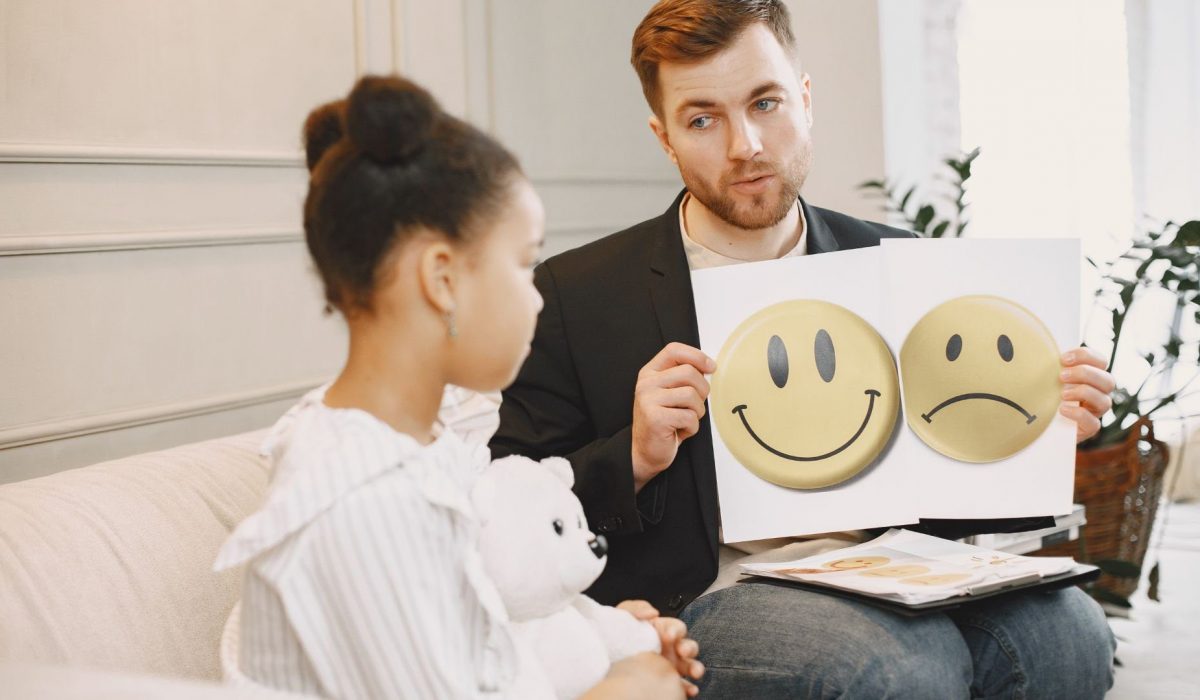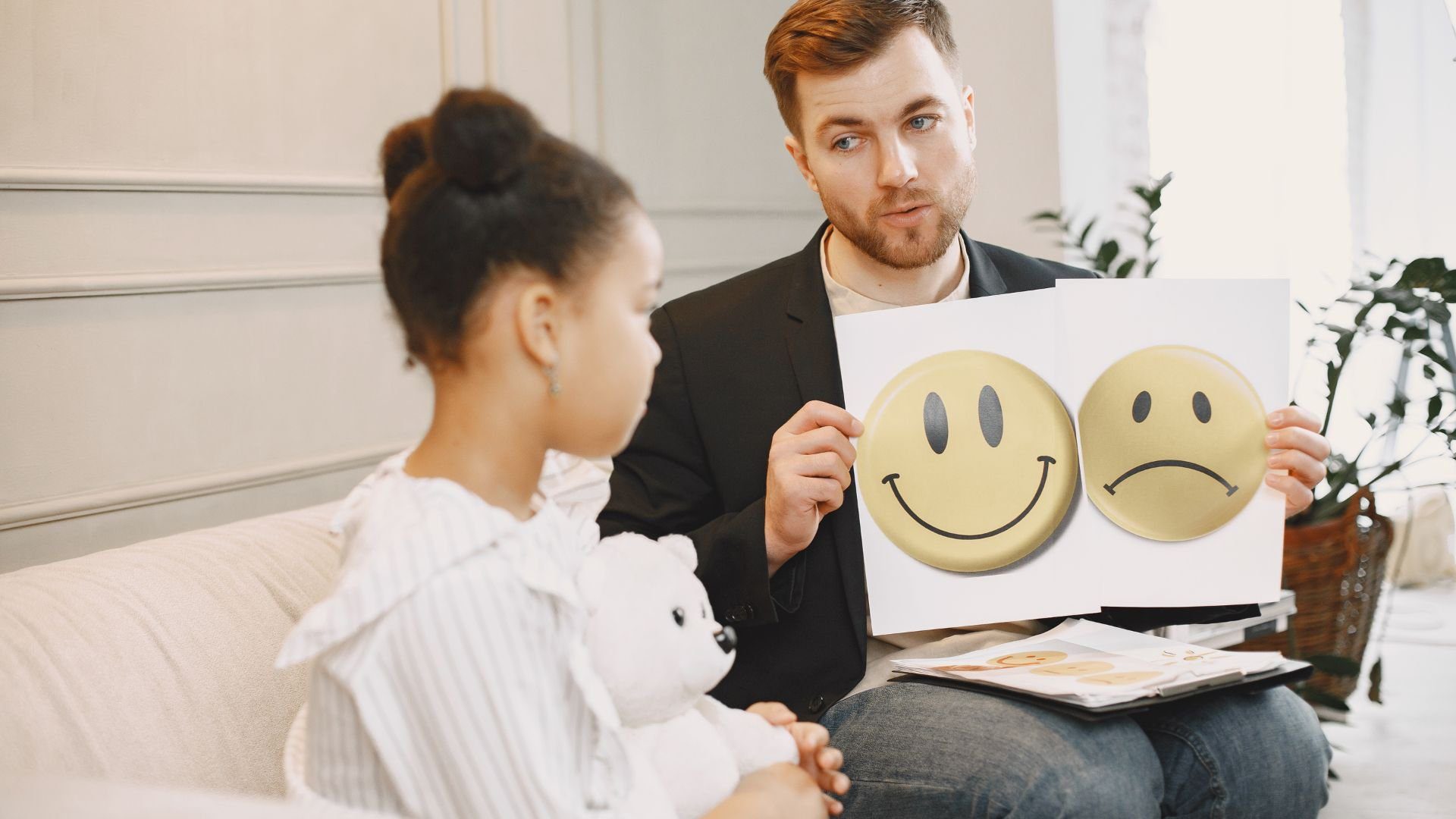In the journey of childhood, amidst the joys of discovery and growth, there are also moments of confusion, fear, and uncertainty. Children encounter a myriad of challenges, from academic pressures to family dynamics, that can profoundly impact their emotional well-being. In these moments of vulnerability, child counseling emerges as a beacon of support, offering young minds the guidance and tools they need to navigate life’s complexities with resilience and confidence.
Child counseling is a specialized form of therapy designed to address the unique needs of children and adolescents. It provides a safe and nurturing environment where young individuals can explore their thoughts, feelings, and experiences under the guidance of trained professionals. Unlike adult therapy, which primarily relies on verbal communication, child counseling incorporates a variety of creative techniques and play-based interventions tailored to the developmental stage of the child.
One of the fundamental principles of child counseling is the establishment of a trusting and supportive relationship between the counselor and the child. Building rapport is essential in creating a safe space where children feel comfortable expressing themselves and sharing their innermost thoughts and emotions. Through empathy, validation, and non-judgmental listening, counselors create an atmosphere of acceptance and understanding, laying the foundation for meaningful therapeutic work.
Child counselors
Employ a range of therapeutic approaches to address the diverse needs of their young clients. Play therapy, for example, utilizes toys, games, and other expressive mediums to facilitate communication and emotional expression in children who may have difficulty verbalizing their feelings. Through play, children can explore themes of power, control, and identity, gaining insights into their inner world and developing coping strategies to manage life’s challenges.
Child counselors, also known as child therapists or child psychologists, are highly trained professionals specializing in providing therapeutic support and guidance to children and adolescents facing emotional, behavioral, and developmental challenges. These dedicated professionals possess specialized knowledge and expertise in child development, psychology, and counseling techniques tailored to the unique needs of young minds.
Cognitive-behavioral therapy (CBT)
A commonly used approach in child counseling focuses on identifying and challenging negative thought patterns and behaviors. By teaching children to recognize and reframe unhelpful thoughts, CBT empowers them to develop more adaptive coping mechanisms and problem-solving skills. Through structured exercises and activities, children learn to overcome anxiety, manage stress, and build resilience in the face of adversity.
In CBT, the therapist and the client work collaboratively to explore the client’s thoughts, beliefs, and perceptions about themselves, others, and the world around them. Through a process of self-exploration and reflection, clients gain insight into the cognitive distortions or irrational beliefs that may be contributing to their emotional distress or problematic behaviors.
Family therapy
Integral component of child counseling, recognizing the interconnectedness of family dynamics and the well-being of the child. By involving parents, siblings, and other caregivers in the therapeutic process, family therapy aims to improve communication, strengthen relationships, and create a supportive environment for the child’s emotional growth. Together, families learn to navigate challenges collaboratively, fostering a sense of unity and resilience that benefits all members.
Conclusion
In conclusion, child counseling plays a vital role in nurturing young minds and fostering emotional well-being. By providing a safe and supportive environment for children to explore their thoughts and feelings, through our dedicated services in Charlotte, NC, counselors empower them to develop the skills they need to thrive in today’s complex world. Through creative interventions, evidence-based techniques, and collaborative partnerships with families, child counselors help lay the groundwork for a brighter and more resilient future for the next generation. Contact us today at Wake Counseling & Mediation to learn more about how we can support your child’s emotional growth and well-being.


